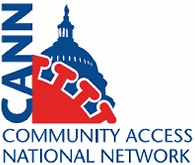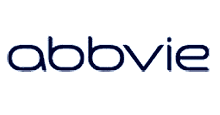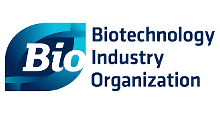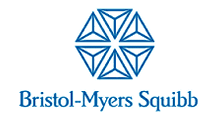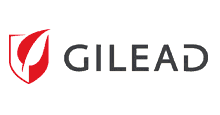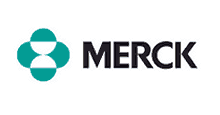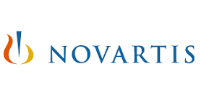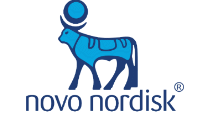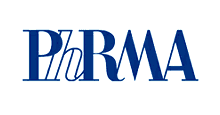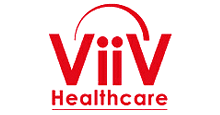Partners
The work done by the Community Access National Network (CANN) is immensely important, but without the support of other organizations with similar goals our efforts would not be nearly as meaningful. A combination of non-profit and government organizations (Community Partners), and corporate partners and pharmaceutical companies (Corporate Partners) engage the executive and legislative branches of the federal government with us, through coalitions and working groups, to instigate the creation, implementation, and maintenance of meaningful HIV/AIDS & viral hepatitis policy.
By confronting our nation's leaders as a unified group we are able to bring about necessary changes to benefit the underserved and underrepresented individuals that are in need of treatment.
Our Community Partners come from a variety of health related focuses. Whether they specialize in housing programs, infectious disease, prevention, or serving low income underserved populations, we all agree that HIV/AIDS & viral hepatitis should be a necessary focus for our government. With the advancements in treatment since HIV/AIDS first emerged in the early 1980's, HIV-positive individuals are capable of managing the disease as a chronic illness as opposed to a fatal disease.
Unfortunately not all HIV-positive individuals are capable of paying for medications. We strive to ensure all Americans in need of treatment are capable of receiving it. After all, treatment of HIV is prevention. Additionally, our work to improve to access to care and treatments for viral hepatitis is equally important. Hepatitis C (HCV) is the most common chronic blood borne infection in the United States; approximately 3.2 million persons are chronically infected. Approximately 12,000 people die every year from HCV-related liver disease.
The number of HCV-related deaths per year has outnumbered those dying from AIDS. But like the medical breakthroughs of the 1990s with the introduction of highly active anti-retroviral treatments to combat HIV/AIDS, there are new treatments emerging on the HCV front.
View a list of our Community Partners.
Our Corporate Partners have played a significant role facilitating access to care and treatment, including medications through the AIDS Drug Assistance Programs (ADAPs) over the last decade. As the federal share of the ADAP Earmark has decreased, pharmaceutical discounts and rebates have increased to sustain the program. According to the National Alliance of State & Territorial AIDS Directors (NASTAD), pharmaceutical rebates received as well as the proportion of the Part B budget they represented significantly increased between FY 2019 and FY 2020 (i.e., from 41% to 46%).
View a list of our Corporate Partners.
Corporate Partners
